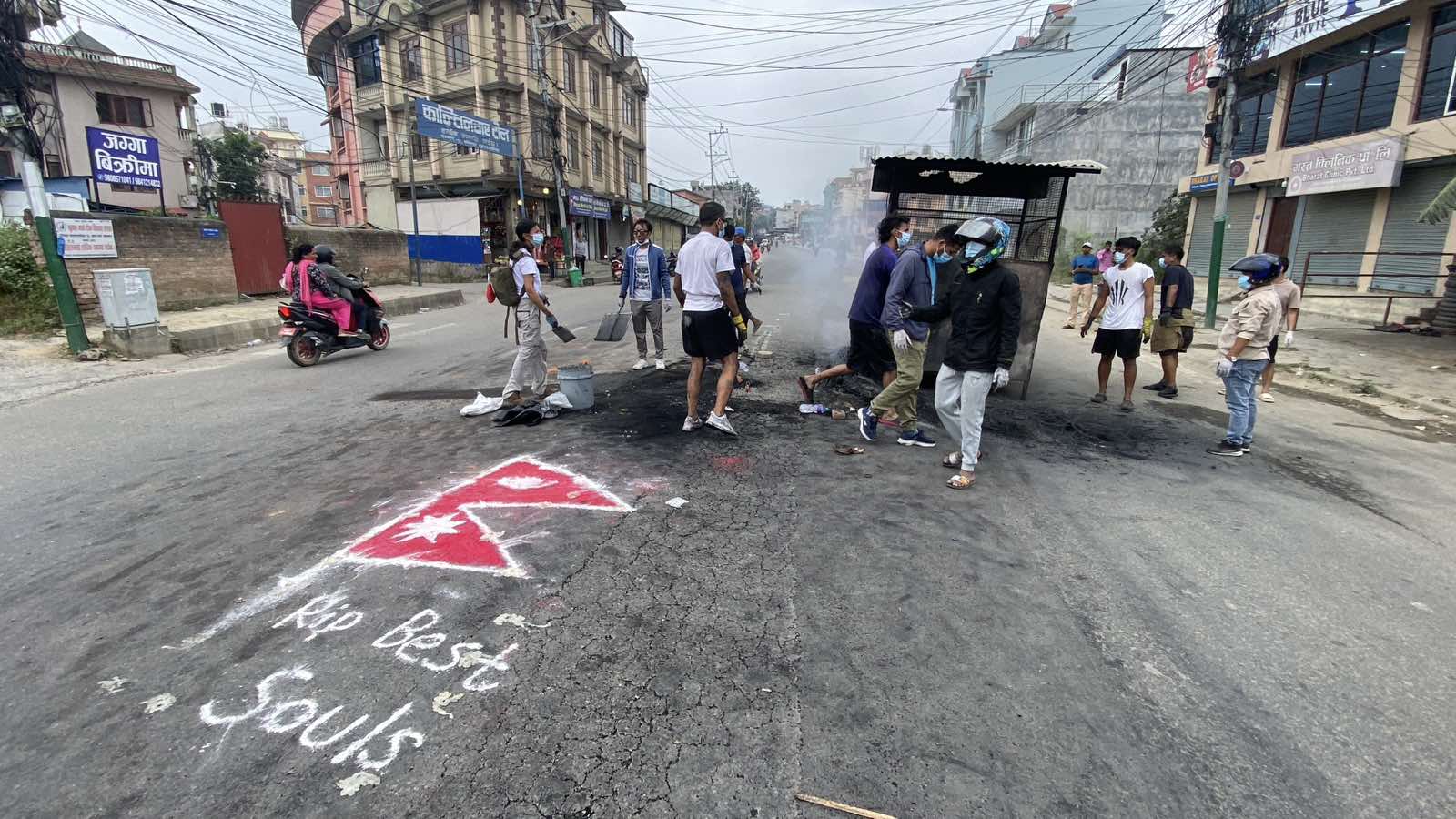Dear Gen Z movement,
As I write, Nepal is under an interim government preparing the way for what we hope will be free and fair elections. This moment gives me a mix of relief, hope, and deep unease.
The events of September 8 — and the days that followed — will long be remembered. Your protest against corruption and nepotism has exposed how rotten our political system has become. Leaders entrusted with public service have reduced politics to profiteering, power-grabbing, and self-obsession. More than 50 citizens lost their lives, including a 12-year-old boy in school uniform who took a bullet for this cause. It was a dark day in our history, when freedom of expression was crushed by the state in its most brutal form.
If we wish to honor those lives, we must tread carefully. Your generation has the rare opportunity to both transform the political system and safeguard our young constitution, now nearing its 10th anniversary. Without defending the constitution, there can be no real democracy.
The Four Pillars of the Republic
The republic rests on four fundamental pillars: republicanism, federalism, secularism, and proportional inclusiveness. Each requires vigilance.
In Pictures: Teachers, parents wish good luck to SEE appearing...
_20230331082116.jpg)
The presidency, for instance, has been reduced to a consolation prize for politicians unable to secure the prime ministership. This must end. The office should go to a nonpartisan, untainted national figure of distinction — someone like Dr. Sanduk Ruit or Mahabir Pun — and be limited to a single ceremonial term.
Federalism, too, remains incomplete. For historically marginalized groups — Janajatis, Madhesis, and others — the current structure feels imposed, not empowering. A federal system must reflect the identity and aspirations of the communities it governs.
Secularism faces a similar test. The Constituent Assembly voted overwhelmingly — by 92 percent — to move Nepal from a Hindu kingdom to a secular republic. Yet just as caste discrimination persists long after being legally abolished in 1963, so too does religious discrimination continue today. Minority faiths still feel the weight of policies skewed toward the majority.
Inclusiveness, though promised in the constitution, remains elusive. State institutions often look homogeneous and fail to mirror the plural fabric of Nepali society.
Justice and Accountability
Safeguarding the constitution is the foremost duty of the interim government. That means immediately forming an independent commission to investigate the September 8 massacre. Those responsible for ordering the shooting of juveniles must face justice. At the same time, those who vandalized, looted, and destroyed property must also be punished. Corruption cannot be fought with lawlessness.
Equally troubling is the trend of demonizing every politician, businessperson, or media outlet. This culture of sweeping generalization is irrational and dangerous. Gen Z must resist the temptation to turn its movement into a witch hunt. The test of democracy is not vengeance but due process.
Breaking the Cycle of Nepotism
Nepotism is among the gravest cancers in Nepali politics. Too often, when a lawmaker dies, the party ticket is passed to a son or daughter who has long since settled abroad, bypassing the grassroots worker who has actually labored for the party. This practice insults the public and entrenches dynastic politics, turning parties into pseudo-royal courts.
Political reform is essential. The prime minister should be directly elected by the people, limited to two terms, and subject to an age cap. Deputy prime ministers should be limited to one per government — not multiplied endlessly to appease coalition partners. Ministerial posts should never be treated as bargaining chips in power-sharing deals.
Corruption Beyond Politics
Yet politics is not the only domain plagued by corruption. Bureaucracy is, in many ways, an even deeper rot. Citizens cannot even visit a local land revenue office without facing harassment and bribery. If political graft corrodes institutions, bureaucratic graft corrodes daily life.
The judiciary, too, needs urgent reform. Justice must be efficient, swift, and accessible. The Commission for the Investigation of Abuse of Authority (CIAA) must operate independently — free from political influence and free from abuse as a weapon of vendetta.
Even education, which should be a sacred space for teachers and scholars, is tainted by political interference. No sector is immune.
A Role for Gen Z
The Gen Z movement has receded since the prime minister’s resignation. But its spirit should not vanish. Young people can remain a vigilant watchdog for ordinary citizens, keeping corruption in check. Still, accountability must apply to everyone — not only leaders but also citizens themselves. A society cannot thrive if its people break rules, embrace anarchy, and reject civic responsibility.
Every citizen has a duty: to obey the law, to practice civic sense, and to contribute to a peaceful and prosperous nation. Your generation has ignited hope. The challenge is to channel that energy into building not just a protest, but lasting reform. The sacrifices of those who died demand nothing less.




































